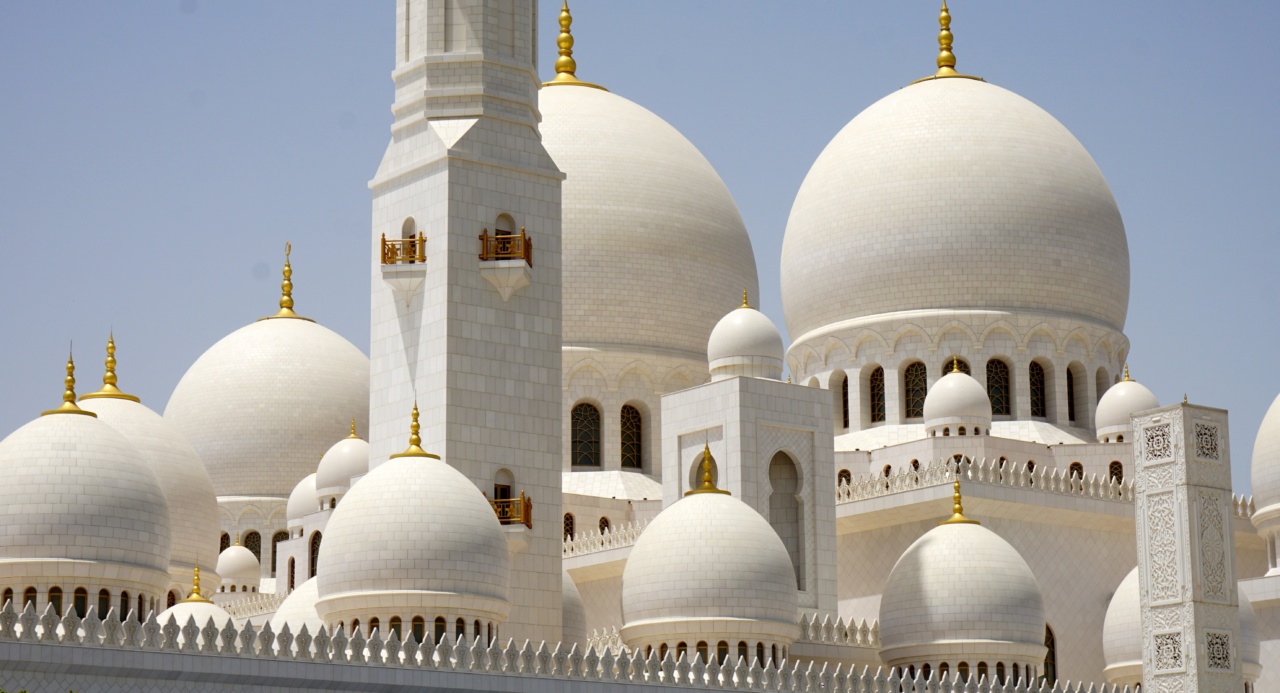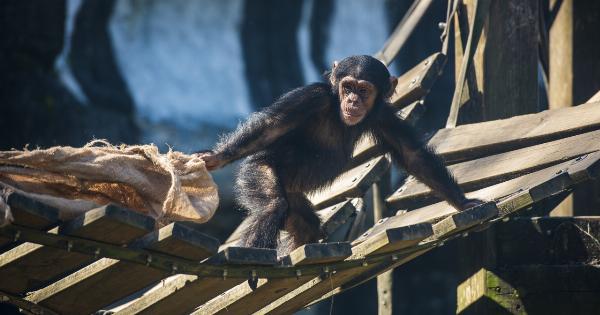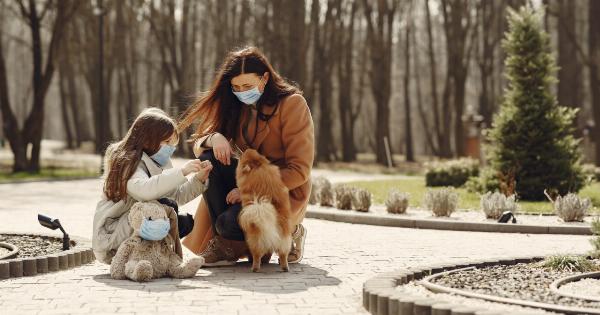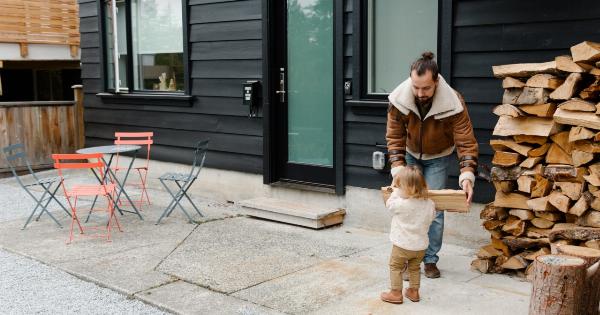The Islamic Primate Temple is one of the most famous and historic sites in the world. Built in the 7th century, it has been a refuge for Muslims for over a thousand years. However, there is much speculation about the future of this iconic structure.
In this article, we explore four likely outcomes for the Islamic Primate Temple.
Outcome 1: Preservation and Restoration
The first possible outcome for the Islamic Primate Temple is that it will be preserved and restored. The temple is of immense historical and cultural significance, and many people believe that it should be protected for future generations.
Efforts to preserve and restore the temple have been ongoing, and various organizations have been working towards this goal.
A recent initiative by the Saudi government involves the restoration of the temple’s roof, which had been damaged by rain and wind over the years.
Should the temple be preserved and restored, it would continue to attract visitors from all over the world, and would serve as a symbol of religious and cultural tolerance.
Outcome 2: Conversion to a Museum
The second possible outcome for the Islamic Primate Temple is that it will be converted into a museum. While the temple is currently used for worship, a museum could showcase the history of the site and Islam more broadly.
A museum would also ensure that the temple is accessible to a wider audience, including those who may not be religious.
It could serve as a cultural and educational resource for people of all faiths and backgrounds, and would be an important step towards promoting greater understanding and tolerance between different communities.
Outcome 3: Extended Use for Religious Purposes
A third possible outcome for the Islamic Primate Temple is that it will be extended for use for religious purposes.
While the temple is already used for worship, there is potential for it to become an even more important site for Muslims around the world.
With many Muslims unable to make the pilgrimage to Mecca, the Islamic Primate Temple could serve as an alternative site for prayer and reflection.
This could lead to increased activity and a greater sense of community among Muslims who are unable to make the journey to Mecca for whatever reason.
Outcome 4: Destruction due to Conflict or Natural Disaster
The fourth possible outcome for the Islamic Primate Temple is that it could be destroyed due to conflict or natural disaster.
Unfortunately, the temple has been subject to various attacks and damage over the years, including during the Gulf War and under the Taliban regime in Afghanistan.
There is also the possibility that the temple could be destroyed by natural disaster, such as an earthquake or flood. While measures have been taken to protect the temple from such events, there is always a risk of damage or destruction.
Conclusion
The future of the Islamic Primate Temple is uncertain, but there are a number of likely outcomes that could occur.
Whether it is preserved for future generations, converted into a museum, extended for religious purposes, or destroyed due to conflict or natural disaster, the temple will always hold an important place in Islamic history and culture.































